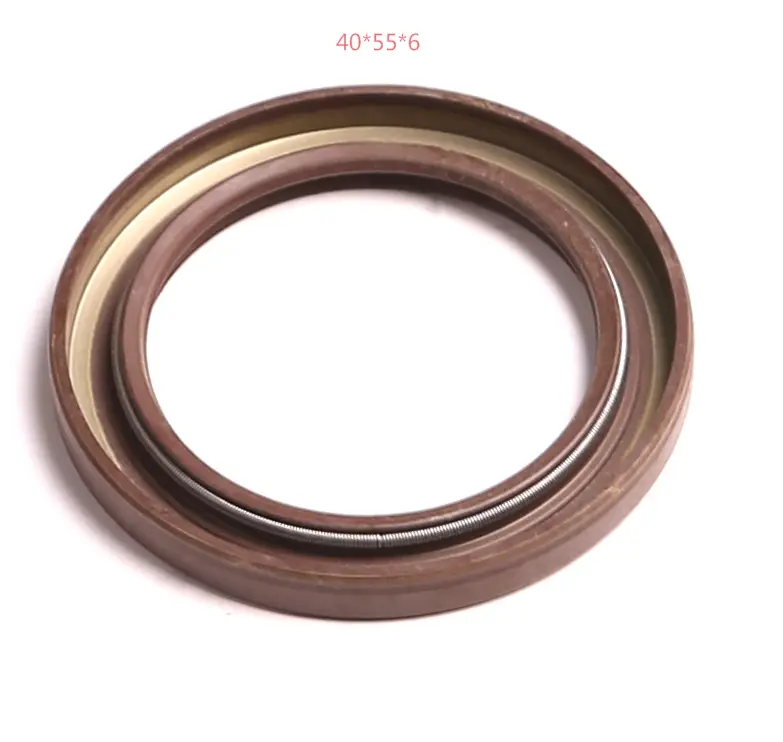10 月 . 21, 2024 22:54 Back to list
Tailored Oil Seals for Enhanced Performance and Durability in Various Applications
Custom Oil Seals Essential Components for Fluid Management
In an increasingly industrialized world, the need for efficient and reliable machinery is paramount. One crucial component in the functionality and longevity of many machines is the oil seal. Custom oil seals, designed specifically for unique applications, play a vital role in ensuring optimal performance, reducing maintenance, and extending the lifespan of equipment.
What are Oil Seals?
Oil seals, also known as shaft seals, are devices that prevent the leakage of lubricants or other fluids. They are typically installed around rotary shafts, protecting the internal components of machinery from contamination, while also retaining lubricants to minimize friction and wear. The primary function of oil seals is to maintain a barrier between the internal components that require lubrication and the external environment, thus ensuring that the machinery operates smoothly under varying conditions.
Why Custom Oil Seals?
Not all equipment is created equal, and neither are the demands placed on it. Off-the-shelf oil seals may not always provide the perfect fit or performance needed for specific applications. Custom oil seals, tailored to meet the precise requirements of machinery, offer several significant advantages
1. Perfect Fit Every machine has its own unique dimensions and operational challenges. Custom oil seals can be designed to the exact specifications of the equipment, ensuring a snug fit that prevents leaks and contamination.
2. Material Selection The material used in oil seals can dramatically affect their performance. Challenges like operating temperatures, chemical exposure, and pressure levels can vary widely across different applications. Custom seals can be manufactured from a variety of materials, such as rubber, polyurethane, or even advanced polymer composites, enabling them to withstand the specific conditions they will face.
custom oil seals

3. Design Flexibility With custom oil seals, engineers can incorporate specific design features that enhance performance. This might include variations in lip design, the inclusion of spring mechanisms for better sealing, or even specialized shapes that accommodate complex geometries.
4. Cost Efficiency While the initial investment for custom oil seals may be higher than standard options, the long-term benefits often outweigh those costs. By reducing leakage and preventing contamination, custom seals can lead to lower maintenance costs, increased productivity, and ultimately, a longer service life for machinery.
5. Improved Performance Machinery that operates under optimal conditions tends to perform better overall. Custom oil seals, designed to minimize friction and wear, help machines run more efficiently, thus improving productivity and reducing downtime.
Applications of Custom Oil Seals
Custom oil seals are utilized in a wide array of industries, from automotive to aerospace, manufacturing to pharmaceuticals. In automotive applications, for instance, oil seals are critical in engines, transmissions, and differential systems, where they contribute to performance and longevity. In the manufacturing sector, custom seals are indispensable in pumps, conveyor systems, and bearings, where they ensure smooth operation and minimize wear.
Conclusion
In conclusion, custom oil seals are instrumental in maintaining the functionality and efficiency of machinery across various industries. By providing a tailored solution that addresses specific operational conditions, custom seals enhance performance, reduce maintenance costs, and ultimately contribute to the longevity of equipment. As industries continue to evolve and require more specialized solutions, the demand for custom oil seals will likely grow, underscoring their importance in modern engineering and manufacturing. Investing in high-quality custom oil seals not only safeguards machinery but also promotes a culture of reliability and efficiency within any operational framework.